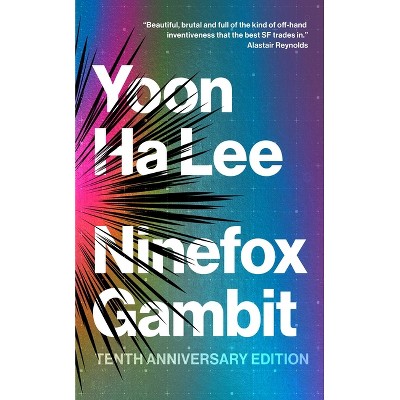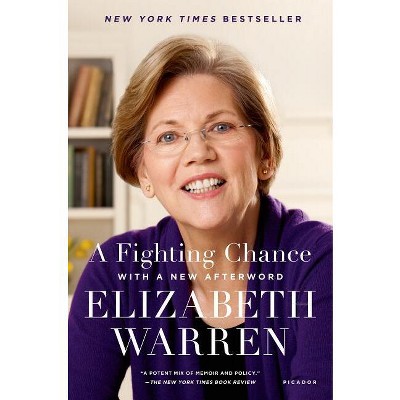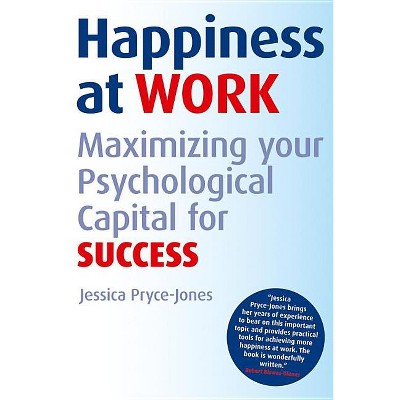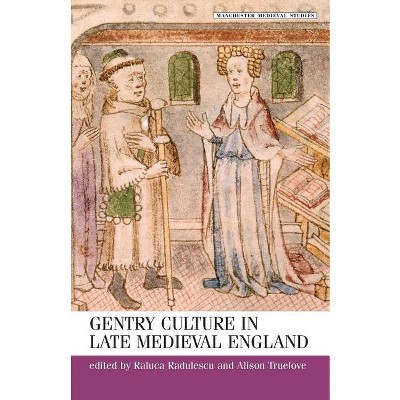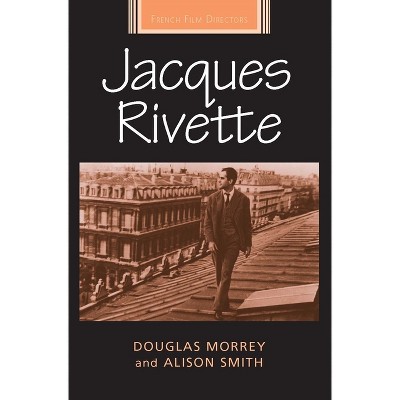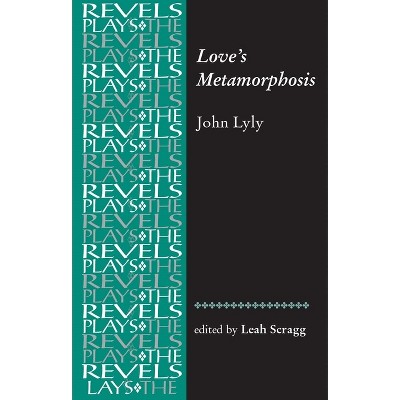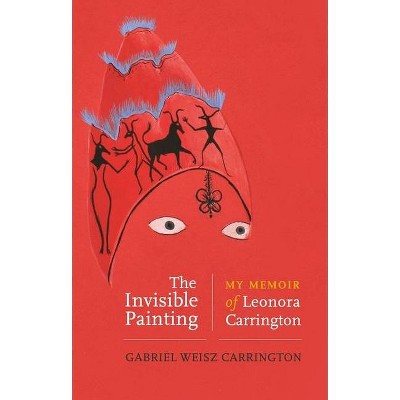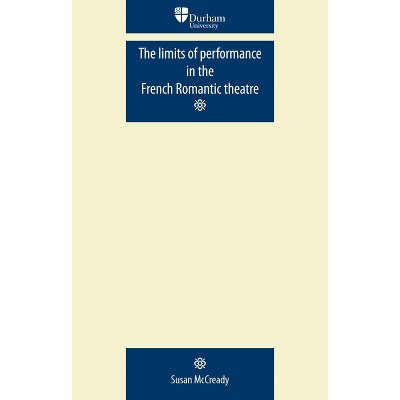Sponsored

A Brief History of Thrift - by Alison Hulme (Paperback)
In Stock
Sponsored
About this item
Highlights
- This book surveys 'thrift' through its moral, religious, ethical, political, spiritual and philosophical expressions, focussing in on key moments such as the early Puritans and Post-war rationing, and key characters such as Benjamin Franklin, Samuel Smiles and Henry Thoreau.
- About the Author: Alison Hulme lectures in International Development at the University of Northampton
- 152 Pages
- Business + Money Management, Economic Conditions
Description
About the Book
This book explores 'thrift' through its moral, religious, ethical, political, spiritual and philosophical expressions, and via key characters such as Benjamin Franklin, Samuel Smiles, and Henry Thoreau.Book Synopsis
This book surveys 'thrift' through its moral, religious, ethical, political, spiritual and philosophical expressions, focussing in on key moments such as the early Puritans and Post-war rationing, and key characters such as Benjamin Franklin, Samuel Smiles and Henry Thoreau. The relationships between thrift and frugality, mindfulness, sustainability, and alternative consumption practices are explained, and connections made between myriad conceptions of thrift and contemporary concerns for how consumer cultures impact scarce resources, wealth distribution, and the Anthropocene. Ultimately, the book returns the reader to an understanding of thrift as it was originally used - to 'thrive' - and attempts to re-cast thrift in more collective, economically egalitarian terms, reclaiming it as a genuinely resistant practice.From the Back Cover
A brief history of thrift considers the concept of thrift through its moral, religious, ethical, political, spiritual and philosophical expressions. It is a timely study that explores how thrift has been used politically to encourage and discourage certain socio-economic behaviours throughout history and in the present day, and how the thrift-seeking or thrift-avoiding individual has been celebrated or chastised accordingly. Hulme explains the relationships between thrift and frugality, mindfulness, sustainability, and alternative consumption practices, and makes connections between diverse conceptions of thrift and key thinkers that have reflected upon it, such as Benjamin Franklin, Samuel Smiles and Henry Thoreau.
The historical approach uses a variety of case-studies to hone in on key moments, including early Puritanism, the Great Depression, and post-war rationing, and demonstrates the longevity and endurance of thrift both at an individual level and in wider state policy. The political notion of 'austerity' is examined, as well as contemporary concerns for how consumer cultures impact scarce resources, wealth distribution, ecology and climate change. Hulme returns the reader to an understanding of thrift as it was originally used: the fact or condition of thriving. She recasts thrift in more collective, economically egalitarian terms, prizing it away from the pejorative historical trajectory it has frequently found itself a part of, and reclaiming it as a genuinely resistant practice. Students, scholars and general readers across many subject areas will find much of interest in this book, which provides a detailed and multi-disciplinary survey of a highly topical concept.About the Author
Alison Hulme lectures in International Development at the University of NorthamptonShipping details
Return details
Frequently bought together


Trending Non-Fiction






